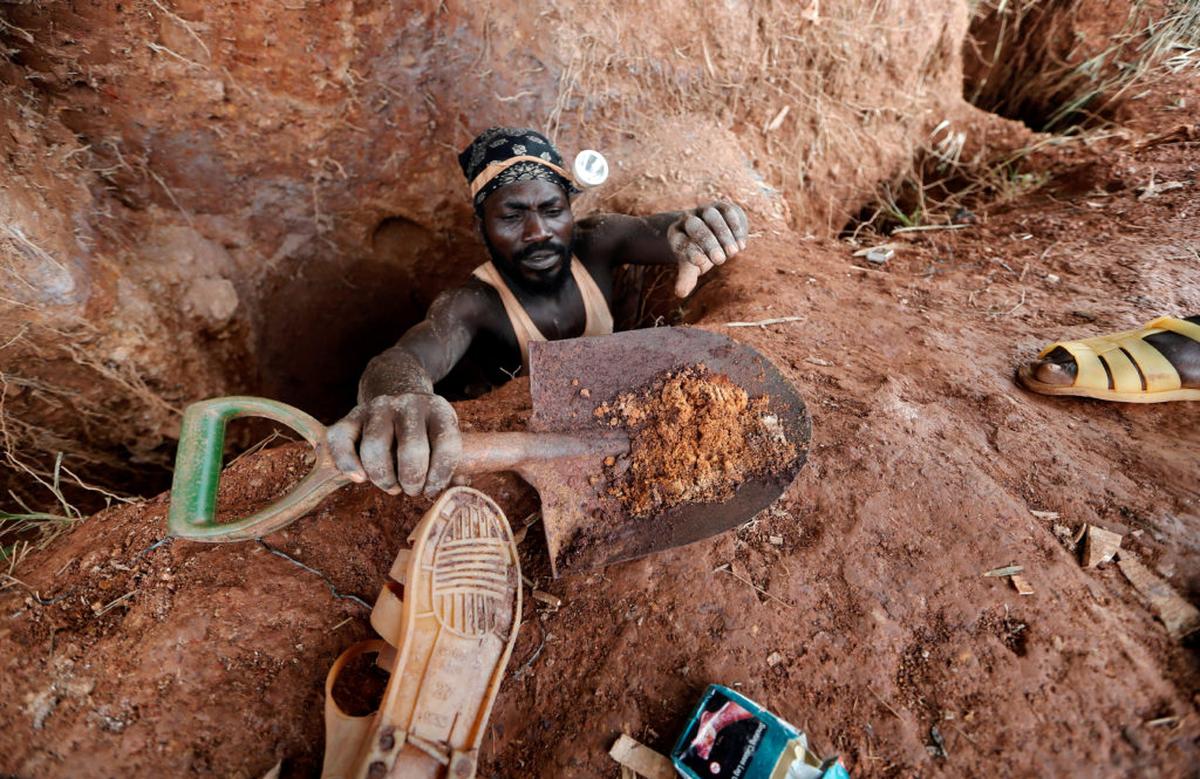Physical Address
304 North Cardinal St.
Dorchester Center, MA 02124
Physical Address
304 North Cardinal St.
Dorchester Center, MA 02124

Africa’s mineral exports make up a massive share of the global supply — from cobalt and lithium to gold and rare earths. The continent holds 30% of the world’s known reserves of these critical materials.
They fuel electric vehicles, smartphones, solar panels — the global economy doesn’t move without them.
But the profits? Africa loses an estimated $30 billion each year by exporting these resources in raw form.
Takeaway: Africa is rich in materials, but not in returns.

China dominates the scene — building roads, funding infrastructure, and locking in long-term rights to Africa’s mineral exports.
The U.S. is trying to catch up, aiming for ESG-friendly partnerships. But its presence is limited compared to China’s expansive network.
India and Turkey are also moving in — securing over $500 million in new mining deals since 2023.
Takeaway: The global race for minerals is on — and Africa is the prize.
Here’s the catch: Africa’s mineral exports are mostly raw. Processing and refining — where the real value is added — happens abroad.
That means the biggest profits leave the continent, while Africa collects only a small cut of the wealth it generates.
Takeaway: Extracting is cheap. Refining is profitable. Africa’s stuck with the first half.

In the Democratic Republic of Congo, more than 20,000 children mine cobalt — often in hazardous conditions.
Adults fare little better, earning just $2 to $3 a day for dangerous, backbreaking labor.
Takeaway: The tech you use may be powered by invisible suffering.
Some nations are fighting back.
Takeaway: African nations are starting to rewrite the rules.
Africa’s mineral exports are essential to the future — but the benefits don’t stay where the materials come from.
Until more of the value chain is kept on African soil, the cycle of extraction over development will continue.
Takeaway: The world profits. Africa deserves more than leftovers.
Daily News. No B.S. No Fluff. Just What You Need to Know.